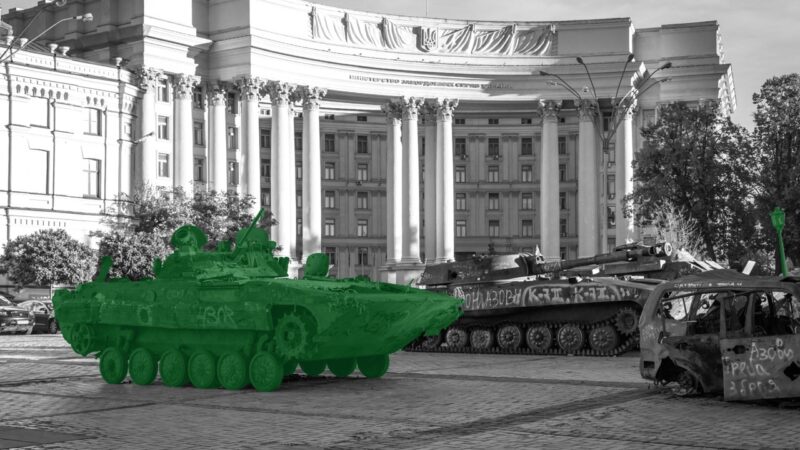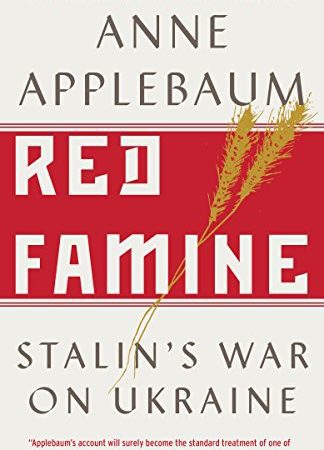Author: Alexander J. Motyl
Alexander J. Motyl (Ph.D., Columbia University, 1984) is professor of political science at Rutgers University-Newark, a writer, and a painter. He served as associate director of the Harriman Institute at Columbia University in 1992-1998 and of the Division of Global Affairs at Rutgers University-Newark in 1999-2008. A specialist on Ukraine, Russia, and the USSR, he is the author of "National Questions", 2022; "Ukraine vs. Russia: Revolution, Democracy, and War", 2017; "Pidsumky imperii", 2009; "Puti imperii", 2004; "Imperial Ends: The Decay, Collapse, and Revival of Empires", 2001; "Revolutions, Nations, Empires: Conceptual Limits and Theoretical Possibilities", 1999; "Dilemmas of Independence: Ukraine after Totalitarianism", 1993; "Sovietology, Rationality, Nationality: Coming to Grips with Nationalism in the USSR", 1990; "Will the Non-Russians Rebel? State, Ethnicity, and Stability in the USSR", 1987; "The Turn to the Right: The Ideological Origins and Development of Ukrainian Nationalism, 1919-1929", 1980, and the editor of over ten volumes, including "The Encyclopedia of Nationalism", 2000. He is, together with Bohdan Klid, the editor of "The Holodomor Reader: A Sourcebook on the Famine of 1932–1933 in Ukraine", and, together with Ksenya Kiebuzinski, the editor of "The Great West Ukrainian Prison Massacre of 1941: A Sourcebook". His novels include "Whiskey Priest", 2005; "Who Killed Andrei Warhol", 2007; "Flippancy, 2009"; "The Jew Who Was Ukrainian", 2011; My Orchidia, 2012; Sweet Snow, 2013; Fall River, 2014; Vovochka, 2015; "Ardor", 2016; and "Pitun’s Last Stand", 2021. His first collection of poetry, "Vanishing Points", appeared in 2016; his second, "Worries", is forthcoming. His artwork has been shown in solo and group shows in New York, Philadelphia, Westport, and Toronto and is part of the permanent collection of the Ukrainian Museum in New York and the Ukrainian Cultural Centre in Winnipeg. He is the 2019 Laureate of the Omelian and Tatiana Antonovych Foundation. According to Academic Influence, Motyl was ranked sixth among the “Top Ten Most Influential Political Scientists Today.”

